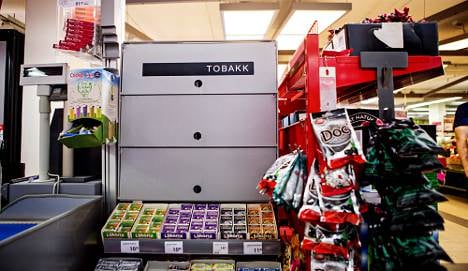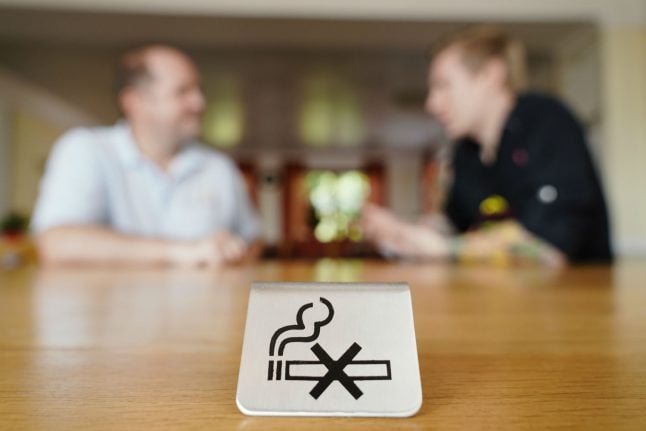An Oslo court ruled on Friday that the two-year-old law did not violate European competition rules.
Philip Morris said it was disappointed with the verdict and would now take some time to examine the ruling before deciding whether to appeal.
Company spokesman Nordan Helland said the consumption of tobacco products had remained unchanged since the ban came into force, while police had seen a rise in the number of illegal cigarettes being smuggled into the country.
“We still believe that the display ban does not provide health benefits and that it should be legal to show legal products in Norway,” he told news agency NTB.
His view was not shared by Anne Lise Ryel, who heads the Norwegian Cancer Society, and was delighted with the decision.
“The result was the one we had hoped for and expected. We are very pleased that the authorities can take public health into consideration, as they have done with this ban,” she told NTB.
“The outcome in the district court is also incredibly important in the battle against the use of tobacco products worldwide.”
Following in the footsteps of several other countries such as Ireland and Iceland, Norway in 2010 banned the display of cigarettes in stores in an attempt to cut impulse buys of tobacco products.
Cigarettes were banished to closed cases and cigarette dispensers do not show brand labels.
Philip Morris filed its lawsuit in March 2010 claiming the display ban was a violation of European Economic Area (EEA) rules and the Oslo district court requested an advisory opinion from the European Free Trade Association (EFTA) court before hearing the case.
That court said last September that the display ban could to a certain extent be seen as blocking the free movement of goods, thus violating EEA rules.
It also pointed out that Norway's aim to reduce tobacco consumption was in line with EEA regulations, thus leaving the final conclusion up to the Oslo court.




 Please whitelist us to continue reading.
Please whitelist us to continue reading.
Member comments